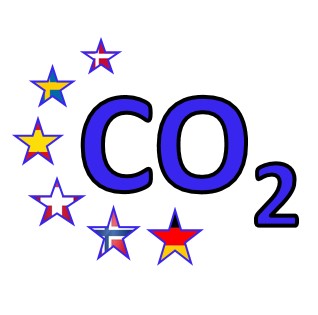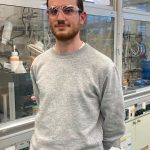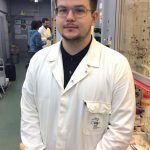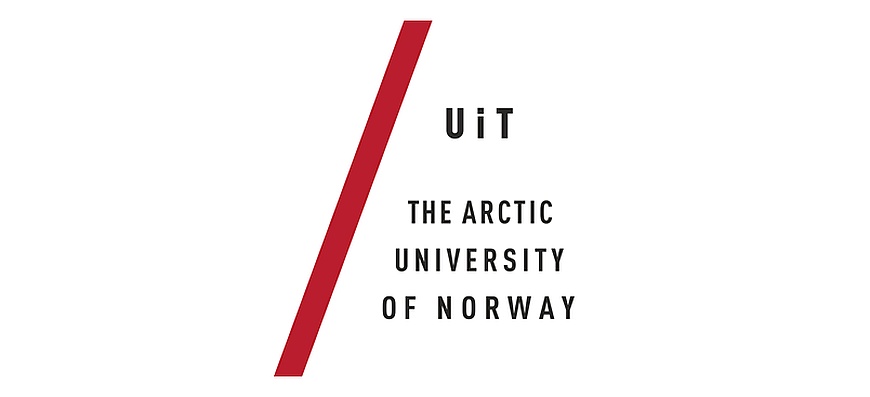Our society depends on thousands of indispensable molecules such as pharmaceuticals, agrochemicals, dyes, and coatings. Such products are synthesized from starting materials that originate from fossil resources, mainly oil. As oil is depleting, alternative starting materials are needed. CO2 is a benign and sustainable carbon source, which in analogy to natural photosynthetic processes can be used to form chemical building blocks. However, despite the potential ascribed to CO2, the scope of chemicals available from CO2 remains narrow. In particular, the number of syntheses leading to carboncarbon (C-C) bond formation from CO2 is limited, although C-C linkages constitute the core of all organic molecules.
The CO2PERATE consortium is a cooperation between 3 industrial and 7 academic nodes, with a simple but essential vision: Training of European researchers in the synthesis of indispensable molecules from sustainable carbon sources and with sustainable catalysts. The main focus is on using CO2 as a synthon in C-C bond formation leading to industrially relevant compounds. In order to develop fully sustainable processes, CO2PERATE will react CO2 with biomass-derived starting materials and will use non-precious metal catalysts. The development of CO2-based synthetic pathways is highly beneficial not only for the chemical industry but also for pharmaceutical applications. In particular, CO2PERATE will have major impact on carbon-based isotopic labelling, which is an area of great economic value.
The CO2PERATE research program unites leading expertise in catalysis, organic synthesis, computational modelling, isotopic labelling, process plant development, and manufacturing of pharmaceuticals and chemical additives. The research will be complemented by training in transferable skills, including entrepreneurship, patenting, outreach and open science, alongside personally adapted career development, with mentoring, intersectorial exchange, and international mobility.
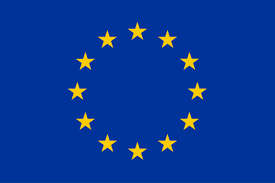
This project has received funding from the European Union’s Horizon 2020 research and innovation program under grant agreement 859910
